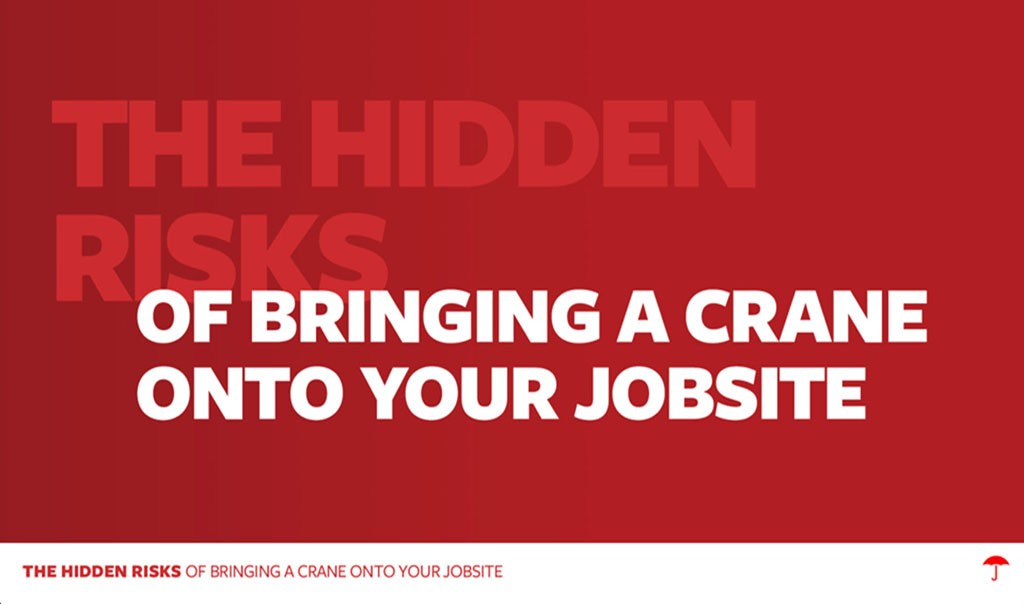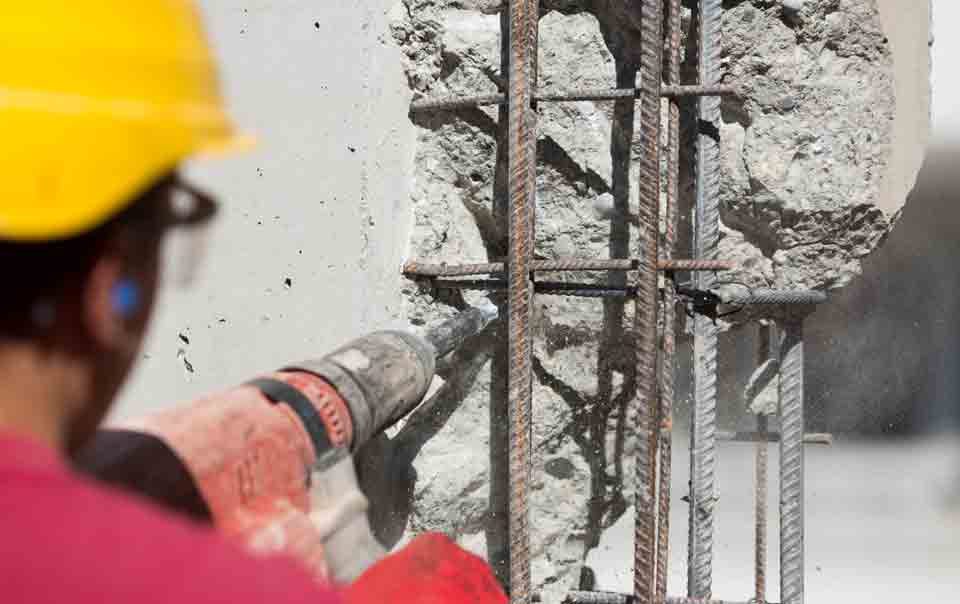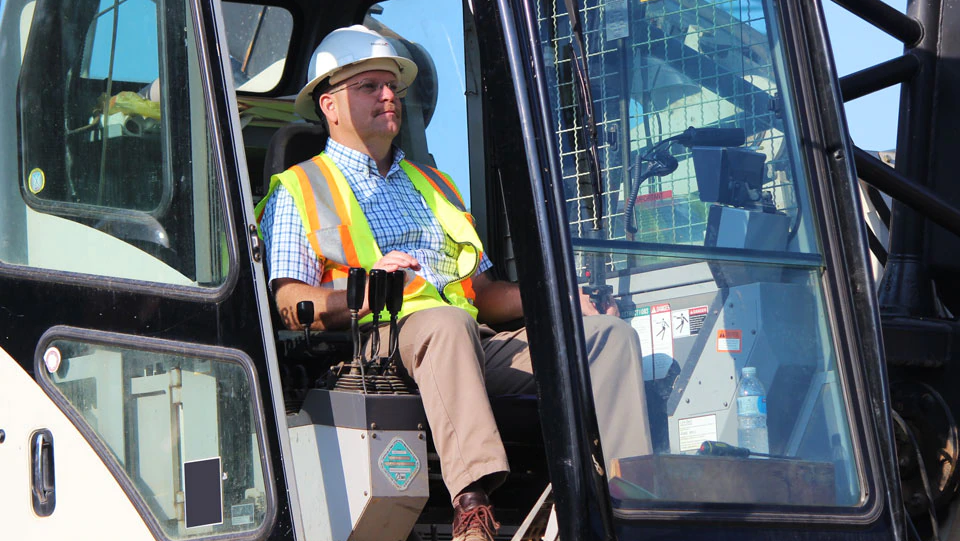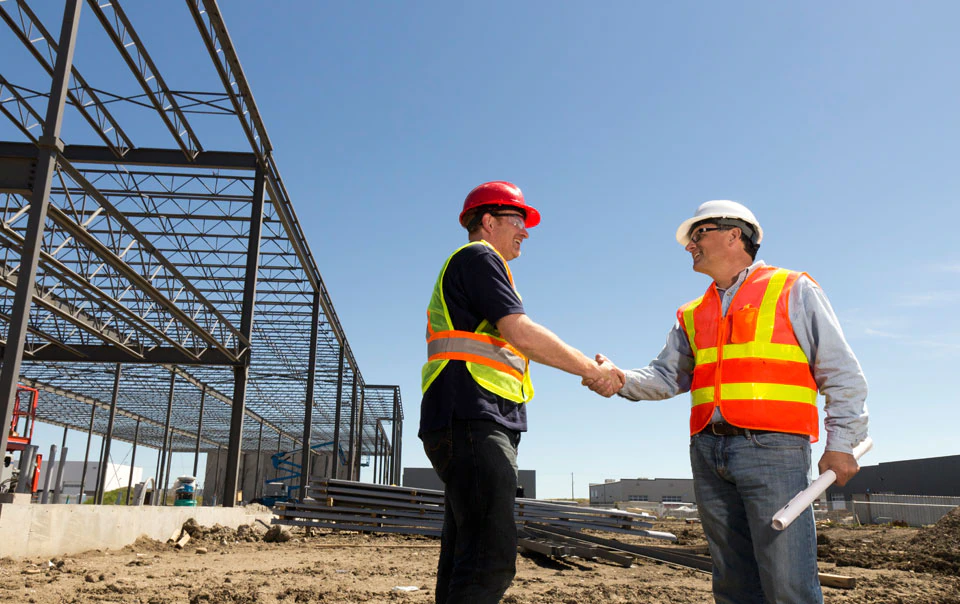Going Beyond OSHA's Minimum Standards for Crane Safety

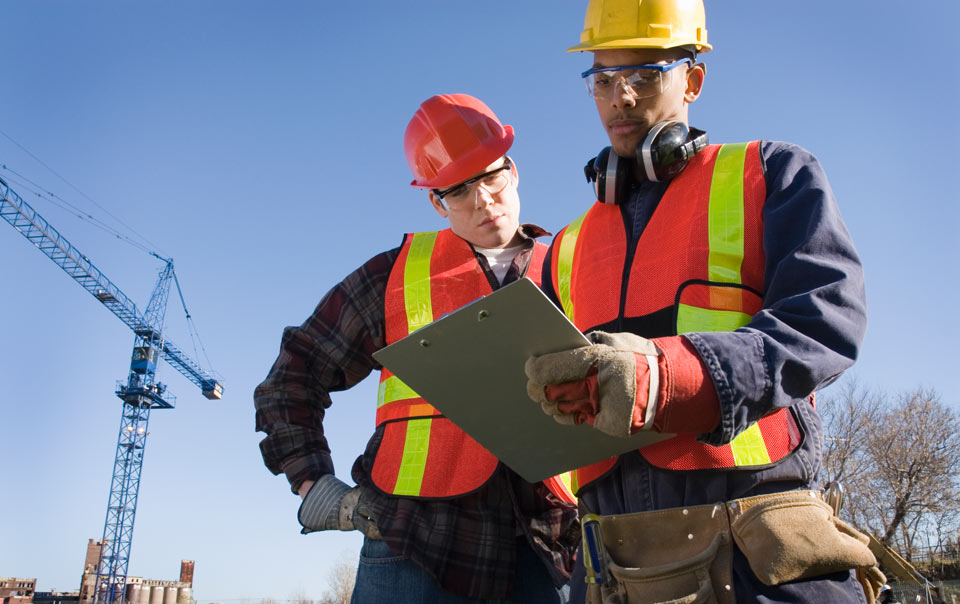
Now that the much anticipated OSHA crane operator evaluation requirements are finalized, many companies are once again focused on crane operators. While determining how your company will meet these compliance standards is important, it is equally important to determine what else can be done to achieve the best risk management benefits possible during crane operations. Instead of focusing solely on crane operators, companies should also provide training to members of their safety and project management teams to help reinforce their role in safe crane operations.
In today’s construction environment, the loads being lifted have gotten bigger and more complex, requiring bigger cranes. The load charts that accompany these cranes have also gotten more complex, as have the lift plans for using these cranes, requiring management, lift directors and crane operators to expand their understanding of crane operations.
Training can help reduce crane incidents
The OSHA Cranes & Derricks standards state that operators of most cranes above 2,000-pound capacities, when used in construction, are required to be either certified by an accredited crane operator testing organization, such as the National Commission for the Certification of Crane Operators (NCCCO), qualified through an audited-employer program, or licensed by a state or a city. Currently, there are several states and cities that have their own requirements for crane operators. Your local labor or licensing department can provide more information if this option is available in your area.
While meeting the compliance requirements found in OSHA standards is important, companies should also consider certification for the risk management benefits it provides. To be effective and help operators retain what they learn, training on crane safety should be more of a continuous process, rather than a destination to be reached.
What to look for in a training program
When choosing a program for your company, look for one that fits your company’s needs and the learning style of your employees. Instead of a program that focuses solely on test preparation, consider a more well-rounded approach that teaches the subject matter, including what the employees could actually experience in the field. The trainer should understand your company and type of equipment you use and present the information in a way that your employees can understand.
Travelers offers nationally recognized training programs for customers, with the NCCCO written certification exams offered after the training course. In addition to crane operators and lift directors, equipment managers, project managers, safety personnel, foremen and superintendents can also benefit from attending these training courses.
The benefits of training and education
Companies must consider that crane standards have evolved in recent decades, and as a result, employees need updated as well as continuous training on crane operations. When considering the frequency of retraining those workers involved in the lifting process, also include those working in and around crane operations.
Learn more about Travelers crane safety training here.
Travelers is a recognized leader in providing crane safety training and education. Travelers Risk Control crane safety professionals lead several nationally recognized crane programs to advance safety and teach crane safety methods to contractors, operators and safety and management staff. Over the past decade and as part of Travelers' continued commitment to the construction industry, Travelers Construction Risk Control professionals have conducted more than 200 sessions and trained over 6,000 workers on crane safety.
